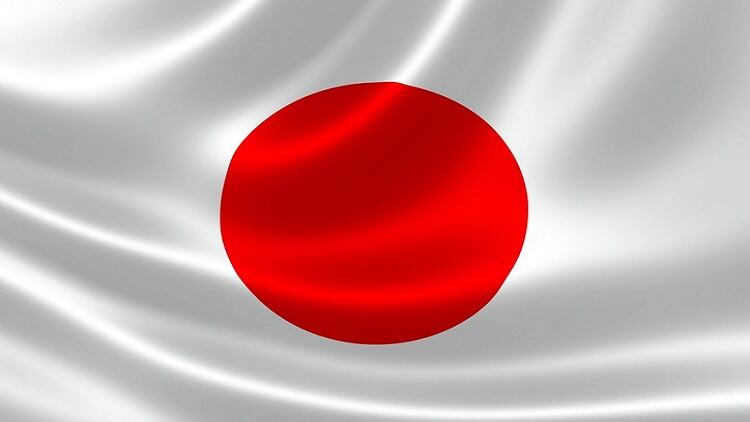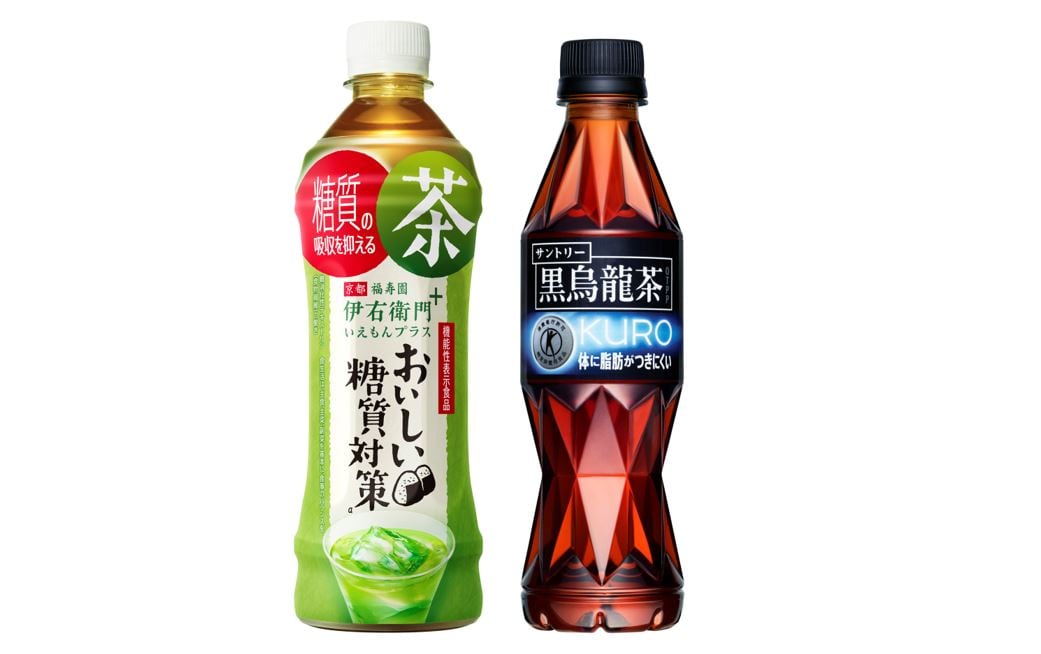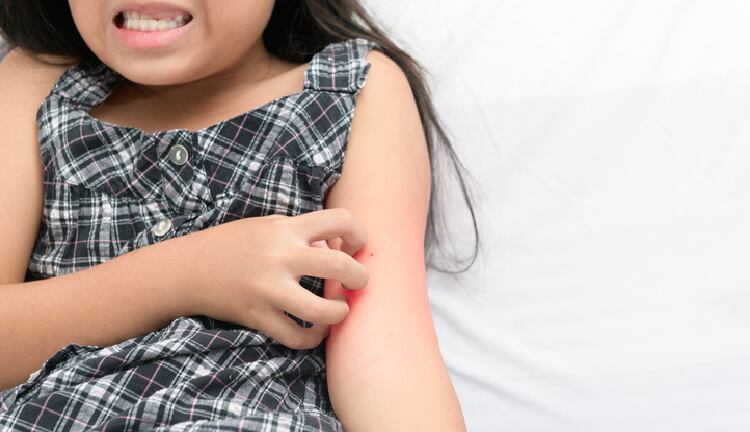Yakult’s China sales hit by COVID-19 impact and Lunar New Year hiatus
Yakult has reported that the COVID-19 pandemic has caused its business in China to experience a drop in sales in the first two months of the year.
Bottle sales decreased by 10% in February compared to the same period last year.
In China, Yakult is sold through home delivery and retail channels. Home delivery sales account for around 10% of total bottle sales. Retail including independent stores and hypermarkets/supermarkets make up 35% and 50% of bottle sales respectively.
Great potential: Morinaga Milk targets new infant formula markets and Japan’s ageing population
Morinaga Milk is expanding its powdered infant formula business in Asia specifically Indonesia and Pakistan, as it cites shrinking demand in Japan due to the ageing population.
In an interview with NutraIngredients-Asia, Dr Wong Chyn Boon, research associate at Morinaga Milk Industry said the company has started selling its powdered infant formula, which is manufactured at its production facility in Pakistan, in January.
“The growing population and expanding economic development of Pakistan offers great potential to increase the powdered infant formula business. Morinaga Milk has established a local joint venture for the production and sales of the formula to serve the local market,” she added.
NMN oral intake shown safe and well metabolised for the first time – Oriental Yeast funded trial
A trial involving healthy Japanese men has shown for the first time that a single dose of nicotinamide mononucleotide (NMN) is safe for consumption and is effectively metabolised by the body.
The study, published in Endocrine Journal, was conducted by researchers from the Keio University School of Medicine and a number of industry research labs.
NMN is an intermediate compound of nicotinamide adenine dinucleotide (NAD+). Administration of NMN has been shown to mitigate ageing-related dysfunctions.
Digital detox? Daily supplementation of bilberry extract may reduce eye fatigue - Japan RCT
Daily consumption of bilberry extract for 12 weeks has been found to relieve eye fatigue caused by the usage of digital devices, according to a new RCT from Japan.
Researchers from Japan said 240mg of bilberry extract could reduce tonic accommodation of ciliary muscle caused by visual display terminal (VDT) tasks and near-vision tasks. VDT devices include computers, smartphones and tablets.
Prolong usage of VDT may cause the eye muscles to become fatigue and experience tension, making focus adjustment difficult. Some symptoms experienced include ocular fatigue and pain.
Fermented rice drink with dietary fibre earns FOSHU approval for improving intestinal health
Hakutsuru Sake Brewery Co has launched the first fermented rice drink in Japan with the FOSHU claim for improving constipation and diarrhoea.
The non-alcoholic drink, Hakutsuru Sake and Drink Rice Koji (Japanese name: Sarari to Nomu Kome Koji) contains indigestible dextrin which is a form of water-soluble dietary fibre said to help maintain good intestinal environment.
Masahiro Nishida, manager of the public relations section at the Hakutsuru Sake Brewery said this is the first product in the rice koji-drink category in Japan to receive the FOSHU approval.





